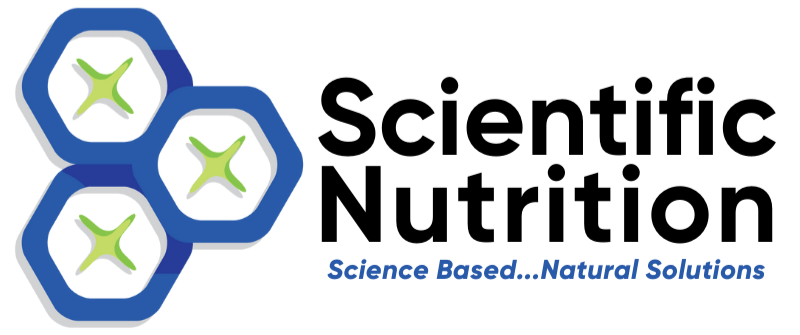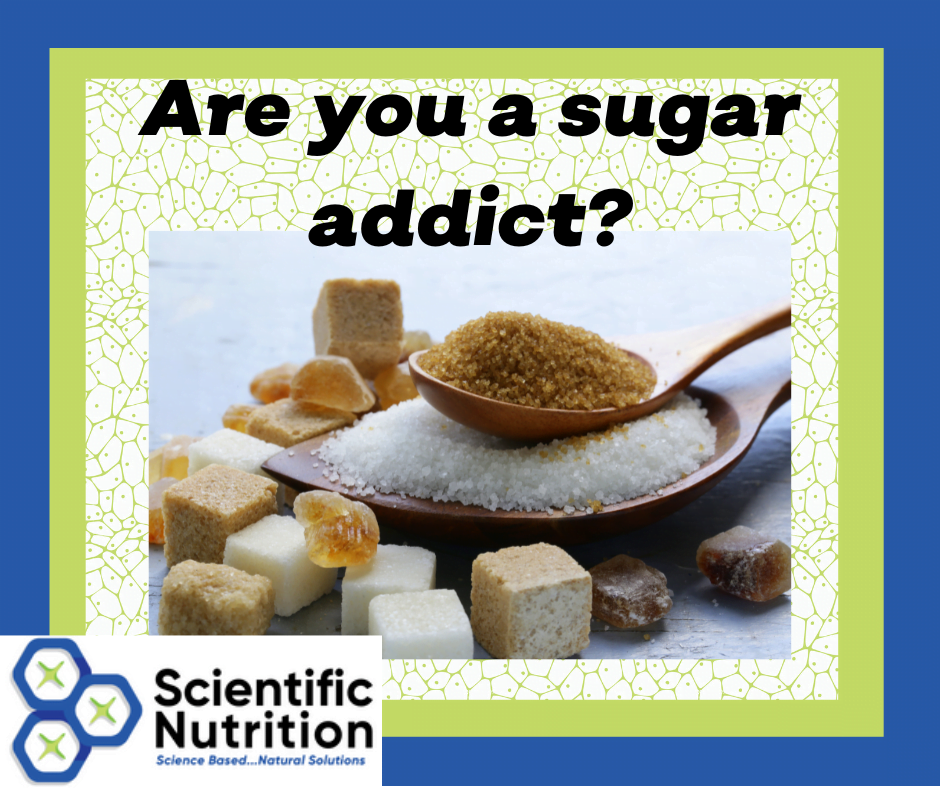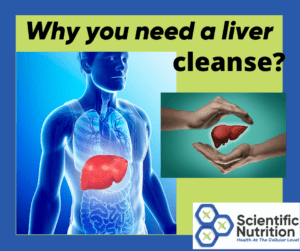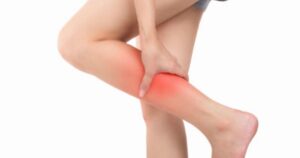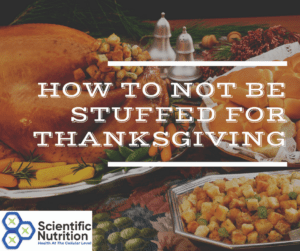Would you know if you had a sugar addiction?
I used to be! I lived on it for energy to get through the day. As a self-proclaimed sugarholic, I couldn’t function without it daily. The constant calling for something sweet was overwhelming and I needed to end each meal with a sugar-laden treat.
I was not alone. Collectively we are struggling to clean up our diet. As of 2005 Americans were eating 20 teaspoons of refined sugar each day! That was up 20% from 1990 and is now between 22 and 30 teaspoons daily[i]!
We have replaced fruits and vegetables with sugar foods and simple carbohydrates. The nutrient-dense foods fight disease with vitamins, minerals, fiber, and anti-oxidants whereas flour-based “foods” may only contain traces of minerals or vitamins that are artificially added.
Why is sugar bad for you and what are the dangers?
We all know diabetes, weight gain, and tooth decay but did you know it triggers inflammation in your body which is the basis for all diseases? Sugar is linked to high blood pressure, heart attack, heart disease, obesity, and cancers.
Some common symptoms include type 2 diabetes, brain fog, fatigue, insomnia, sugar crashes, bloating from feeding candida (yeast) infections, acne, difficulty concentrating, headaches, dizziness, shakiness, irritability, and rapid appearance of wrinkles or weight gain.
How do you know if you are a sugar addict?
Sugar addicts will space out or time their meals/snacks so they have the sweet addiction in their bodies at all times. They get a dopamine hormone release that is similar to heroin and cocaine. You may find yourself shopping primarily in the snack and treat isle along with the processed foods instead of the parameter where the meats and vegetables are at.
How long does it take to kick an addiction?
According to the Mayo Clinic, it takes two weeks to stop the physical addiction[ii] Your taste buds will adjust and natural fruits will taste even sweeter.
How many grams of sugar should you eat a day?
When reading labels, try to buy products with less than 5 grams or less. A healthy adult can metabolize on 8 grams or two teaspoons at a time. It may be listed on the ingredient list as a derivative of sugar and tagged onto the carbohydrates amount. Keeping a low carbohydrate will also help to lower your blood sugar. Avoid sweetened drinks as a soft drink can contain 40 grams or 10 teaspoons of sugar in a 12-ounce can!
How can you quit sugar addiction?
- Cut your sugar consumption in half daily. By slowly decreasing it so you won’t have to go through a hard withdrawal.
. - Avoid artificial sweeteners as they can stimulate sweet cravings and the sweetness will trigger an insulin release when your tongue tastes it. The insulin will then get stored in fat cells (particularly belly fat).
. - Eat recipes that have no added sugar in any form (honey, cane sugar, corn syrup, etc.).
. - Satisfy the urges with low glycemic fruits such as red raspberries, black raspberries, or blueberries while benefiting from their anti-oxidants. Fruits also contain disease-fighting phytochemicals and fiber to feed your good gut bacteria.
. - Switch to sweet potatoes from white potatoes for added vitamin A. These types of complex carbs will not only keep you full longer due to your body taking longer to break them down, but you will also have a more stable level of blood sugar. Increasing your protein and healthy fats will help you in the detoxification process intake, will take longer to digest, and help you maintain your muscle mass.
. - Eliminate sugar-laden foods from your home. As a result of removing the temptation out of the house, it will make it much more difficult to access it when a last-minute urge hits. If you have to drive somewhere to get a sweet treat you will be less likely to give in. If you must have some sugary treat, limit it to the smallest version or 2-3 bites to feel satisfied.
. - Add ½ teaspoon of cinnamon to your cereal or 1 teaspoon put into your coffee grounds to add flavor and reduce blood sugar levels. Just a ½ teaspoon can lower your blood sugar level by 20%!
Lifestyle tips
.
- Another helpful habit can be to chew some xylitol-sweetened gum to keep your mouth busy so as not eat. If you have birch tree allergies, avoid the xylitol sweetener, and remember it is poisonous to dogs.
. - Distract yourself by taking a gentle walk, stretching, doing deep breathing exercises, listening to music, praying, meditation, or calling a friend. Basically you will also be doing a positive activity for your health!
. - Check in to see if you are feeling emotional. If so, why? Examine and journal the urges along with your emotions. You might just find a trigger.
. - Schedule more sleep time in the evening or take naps. We most often get tired and then crave sugar for instant fuel. The body won’t tap into cellular glucose. Instead, it will create the urge and break down muscle for instant fuel before it starts to burn body fat, unfortunately.
Tips for avoiding the urge to eat sweet treats:
Brush your teeth. The sweetness of the toothpaste will immediately satiate the craving and leave you with a clean mouth that deters you from eating sweets.
Drink half of your body weight in water daily to feel full and hydrated. Subsequently it will help to “water down” some of the excess glucose and remove it from the cells when needed now that you are not ingesting the high amounts any longer.
Sugar vs honey, a natural, healthy sweetener?
If you need a treat or a sweetener for tea or coffee, try ½ teaspoon of local honey. It may help in the prevention of heart disease and cancer. If it is sourced within 10 miles of your home it will contain the allergens that may be triggering your allergies and work as an anti-allergen with exposure. The darker the color, the more antioxidants it will contain. Buckwheat honey has the highest level followed by clover honey.
A concentrated sweetener that can be used for almost anything you would normally add sugar to is monk fruit. In fact it has no carbohydrates or glucose it won’t affect your blood sugar but will add sweetness. It only requires a tiny amount to equal a lot of sugar too.
Can you see sugar-related health issues on a Hair Analysis test?
Yes! Your Calcium/Magnesium ratio will tell how much cellular glucose you have in savings. Your blood sugar will regulate itself by depositing into or pulling sugar from cells. Comparatively, if you have high blood sugar you will also have high cellular sugar which can reflect a trend setting the stage for the development of diabetes.
Consequently this test is that you can change your lifestyle to stop the process so you can avoid the disease. Additionally, by balancing these two minerals you will eventually become calmer and have stronger bone density.
If you are sick of feeling tired and want to kick the sugar habit, let me help. We can see exactly which supplements your biochemistry calls for to reclaim natural balance and tailor a diet to your individualized nutritional needs.
LET’S CHAT about your health goals during a free consultation!
Learn 12 things your Hair Analysis can show you.
Copyright Scientific Nutrition, LLC 2022
[i] https://www.health.harvard.edu/staying-healthy/how -to-break-the-sugar-habit-and-help-your-health-in-the-process
[ii] https://www.mayoclinic.org/healthy-lifestyle/nutrition-and-healthy-eating/expert-answers/sugar-challenge/faq-20322776#
